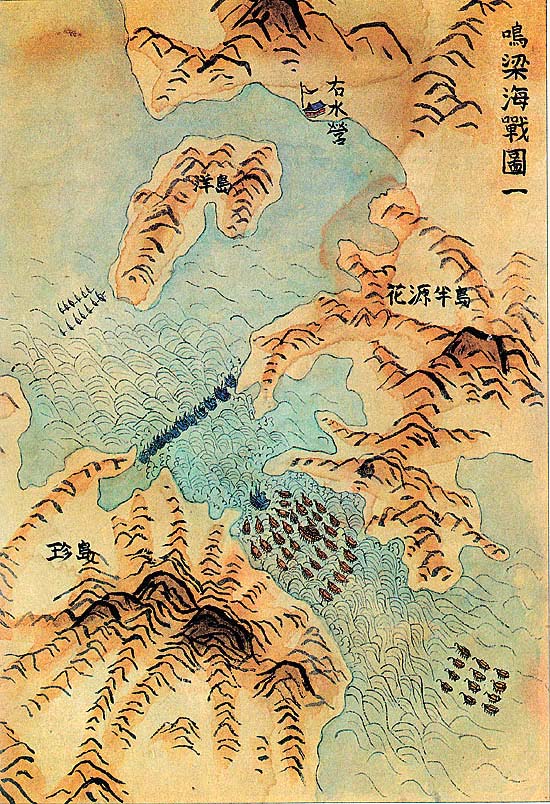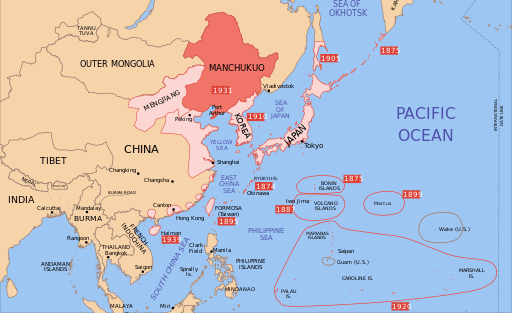In the 1590s Japan invaded Korea. The Imjin War lasted from 1592-1598, and it included all manner of land battles, guerilla skirmishes, sieges, spying, and everything else that you would expect to find in a full-on conflict. The entire war would take several episodes to cover properly, and this episode just focuses on the naval aspect, and one naval battle in particular.
Under Admiral Yi Sun-sin, the Korean navy was able to successfully rack up victories against the Japanese. Yi was an admiral with no formal military training and, for complicated political reasons, was stripped of his rank, and a rival briefly took over the Korean naval forces. That rival led the Korean navy into a disastrous battle that destroyed almost all of the Joseon Dynasty’s ships, and Admiral Yi was let out of prison to command the remnants of the Korean fleet.
At the Battle of Myeongnyang, Admiral Yi had all of thirteen ships. The Japanese had well over a hundred. With his small force, Yi managed to defeat a force larger than him by an order of magnitude, and the Battle of Myeongnyang remains, today, one of the greatest come-from-behind military victories of all time.
Related Links:
Admiral Yi has also been featured on the site Badass of the Week.
The Admiral was a 2014 film about the life of Admiral Yi. Reviews seem to be mixed.
Podcast: Play in new window | Download
Subscribe: RSS

